Families struggling to secure childcare are facing an uphill battle to find crèche or childminder places as the crisis in the sector shows no sign of abating.
Changes to the regulations governing childminders are due to come into force in the coming weeks, which are proving controversial among the 30,000 plus people minding children in their homes across the country.
Over the next three years any childminder who is taking care of children they are not related to, for more than two hours per day and are being paid to do so, must register with Tusla, under the Child Care Act (amendment) 2024 which is due to be passed by politicians later this year.
The changes will allow families to avail of the National Childcare Subsidy (NCS) which up until now was only available to those children who attended a crèche or a registered childminder.
Under the new regulations, childminders will be limited to caring for no more than six children at any one time, including their own until they are finished primary school. Only two children can be aged under two years, except in the case of a multiple birth.
Traditional service
Childminding Ireland, the national childminding association, is warning that the new regulations could worsen an already stretched childcare service across the country.
Mairead Hurley, head of childminding services with Childminding Ireland, which has 600 members across Ireland, says the new regulations will have a big impact on the availability of the more traditional childminding service.
“The vast majority of childminders are currently not registered,” she explains. “In rural areas, childminders are typically neighbours helping each other out and no two family situations are the same.
"We fully support the need for some kind of quality assurance, but the first draft of guidelines proposed by Government were simply a copy and paste job of the regulations governing crèches. They couldn’t be supported by childminders as they simply don’t apply in this sector.
“Childminders will find it very hard to link in with a formal system when it is such a niche sector.”
Invisible service
Mairead says that while less than 70 childminders are currently registered with Tusla, conservative estimates suggest that up to 30,000 people offer a childminding service across the country.
“Nobody knows for sure how many childminders are operating throughout the country as it’s almost an invisible service, but it will become very visible when those who aren’t comfortable with the new regulations leave the sector,” she says.
“Our fear is that the transitional period, which kicks in from September, will see those childminders who are caring for one or two children, discontinue their service once the three years is up.
“It also has knock-on effects for the wider community. If a child isn’t cared for in their locality, there’s a chance they won’t attend the small rural school nearest their home. So, the local schools will suffer.”
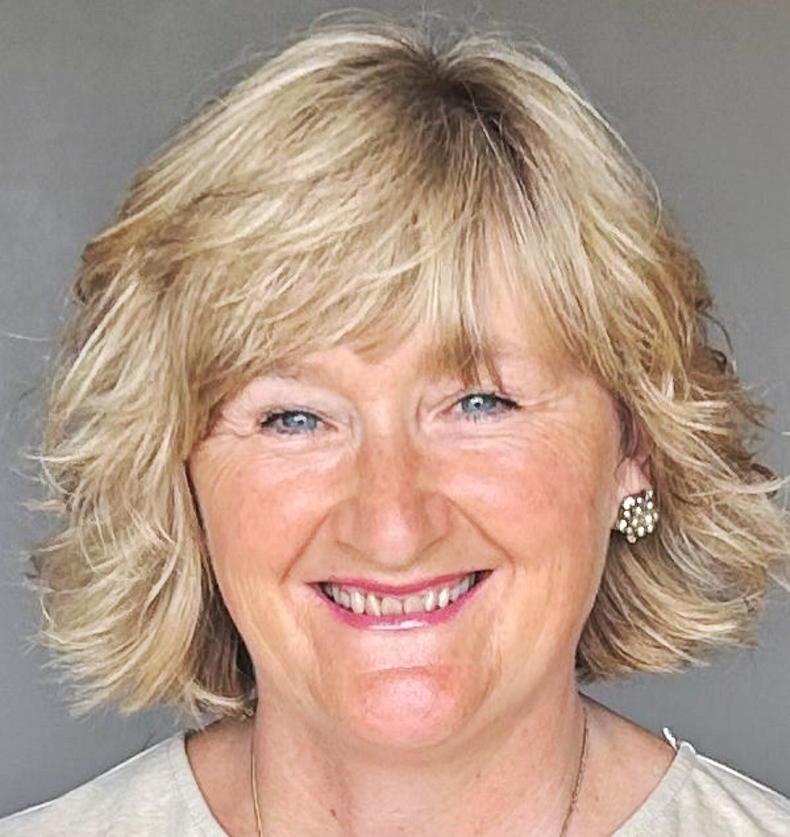
Mairead Hurley, head of childminding services, Childminding Ireland.
Mairead believes those childminders who are typically minding their neighbours’ children need to be encouraged to continue providing such a vital service.
“There have to be incentives for childminders to continue, especially those who are only offering a part-time service and don’t even consider themselves to be childminders,” she says.
“Childminders can earn up to €15,000 before they have to pay tax but we try to encourage our members to pay their PRSI regardless of their tax liabilities.
“It is one of the hardest jobs anyone will ever do, as for most childminders, they are taking in children alongside caring for their own young families; and they have to manage the expectations of other families on top of their own so it’s a big ask,” she says.
“Childminders are fearful of the inspections that will follow under the new regulations and they need support. The whole system has to be supported, instead of just telling childminders they need to register with Tusla.
"The training that is being introduced as part of the new regulations needs to be better explained as it is another thing putting people off registering.”
Code of ethics
“We require our members to be Garda vetted, have insurance, be first aid-trained, complete the child safeguarding course, and sign up to our Code of Ethics and Safety Charter. These are things childminders are more than happy to do.
“There are amazing childminders in our communities supporting families and caring for children but the danger is that these new regulations have not been developed by the experts in the field.
"Childminders need to be front and centre in the way the sector develops, from the grassroots up and so far, our members don’t feel listened to or heard by the Department.”
Anna, a childminder from the West of Ireland, said she would be forced to put her own children into after-school services if the new regulations take effect.
“I understand the whole point of keeping children safe and where there’s money involved, there is a need for regulation but they [the Government] didn’t have to go to this length, they could have tweaked what is already in place,” she says.
“I have three children who are all in national school and I currently mind five children, for two local families who are actually related so the children I care for are cousins. Under the new regulations, I would have to let one of my families go, which I don’t want to do as they both have had new babies in recent months and I don’t want to choose between them.
“The families I care for are teachers, so the new regulations mean I would be over the maximum number of children for one hour every day until they collect their children. So, it’s very frustrating that these new rules are going to cause major upheaval in our house at least.
“I have discussed it with my own children and they are going to attend an after-school service for a few months to see if it works for us. If it doesn’t, I’ll have to reconsider my options.”
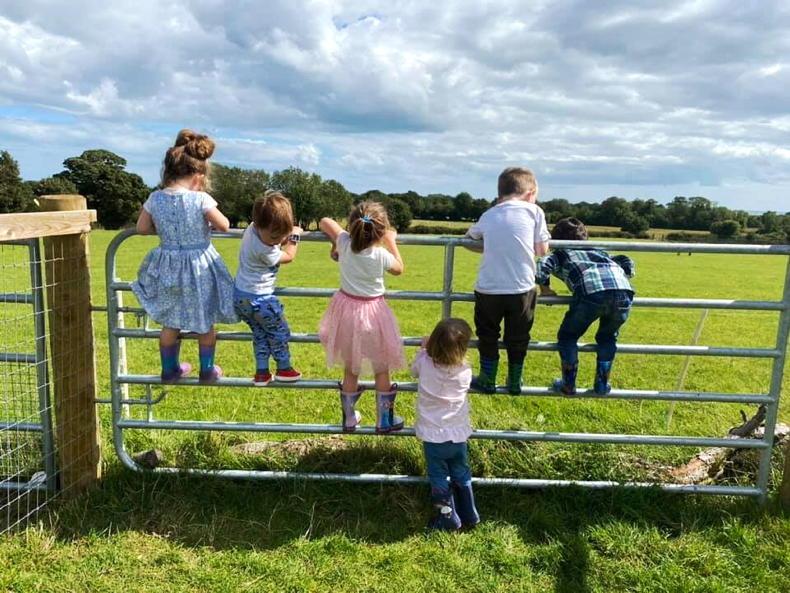
Childminders are the backbone of childcare in rural Ireland. \ iStock
Anna became a childminder seven years ago when she made the decision to leave her job to become a stay-at-home mother after the birth of her second child.
She says she went into childminding to allow her to continue to earn an income as well as to help other families where it wasn’t possible for one parent to stay at home.
“I am big into community and keeping it local and we live in a rural area where the only crèche for miles is closing down. I feel so bad for the families who are so desperate to find childcare, but I can’t help as I’m full.”
Anna says the childminding system wasn’t broken and that more effective regulations could have been enforced by supporting what was already there.
“The biggest fear I’ve come across among the many amazing childminders out there is that once they sign up to something with Tusla, that organisation can change things at the drop of a hat and the minders are tied in to it,” she explains.
Unique situation
“We are such a unique part of Irish life. We’re like family members to the families we provide our service to. We cover childcare far beyond working hours, such as when a family member ends up in hospital or if there is a bereavement or a wedding.
"This is more than just a job and that special service will be lost if these changes are forced upon childminders who just won’t sign up to registration.
"The ideal situation already exists in that the county childcare committees provide fantastic oversight and support to childminders throughout the country.
“I am a member of Childminders Ireland so I already have a lot of the measures in place such as insurance and Garda vetting.
“The system isn’t broken, it doesn’t need fixing and if the right investment and effort was put into supporting what is already there, that would be all that is needed.”
The new regulations surrounding childminders are part of the Government’s National Action Plan for Childminding 2021-2028.As part of the new measures, childminders’ homes will be subject to inspection by Tusla, in a process appropriate for a family home setting.Childminders will be required to provide their policies and procedures as well as records and other documents in a handbook that can be shared with parents and Tusla.Tusla can assess the space available in a childminder’s home, the outdoor space and the age of children attending, and can set a smaller maximum number of children they can care for at any one time.
Families struggling to secure childcare are facing an uphill battle to find crèche or childminder places as the crisis in the sector shows no sign of abating.
Changes to the regulations governing childminders are due to come into force in the coming weeks, which are proving controversial among the 30,000 plus people minding children in their homes across the country.
Over the next three years any childminder who is taking care of children they are not related to, for more than two hours per day and are being paid to do so, must register with Tusla, under the Child Care Act (amendment) 2024 which is due to be passed by politicians later this year.
The changes will allow families to avail of the National Childcare Subsidy (NCS) which up until now was only available to those children who attended a crèche or a registered childminder.
Under the new regulations, childminders will be limited to caring for no more than six children at any one time, including their own until they are finished primary school. Only two children can be aged under two years, except in the case of a multiple birth.
Traditional service
Childminding Ireland, the national childminding association, is warning that the new regulations could worsen an already stretched childcare service across the country.
Mairead Hurley, head of childminding services with Childminding Ireland, which has 600 members across Ireland, says the new regulations will have a big impact on the availability of the more traditional childminding service.
“The vast majority of childminders are currently not registered,” she explains. “In rural areas, childminders are typically neighbours helping each other out and no two family situations are the same.
"We fully support the need for some kind of quality assurance, but the first draft of guidelines proposed by Government were simply a copy and paste job of the regulations governing crèches. They couldn’t be supported by childminders as they simply don’t apply in this sector.
“Childminders will find it very hard to link in with a formal system when it is such a niche sector.”
Invisible service
Mairead says that while less than 70 childminders are currently registered with Tusla, conservative estimates suggest that up to 30,000 people offer a childminding service across the country.
“Nobody knows for sure how many childminders are operating throughout the country as it’s almost an invisible service, but it will become very visible when those who aren’t comfortable with the new regulations leave the sector,” she says.
“Our fear is that the transitional period, which kicks in from September, will see those childminders who are caring for one or two children, discontinue their service once the three years is up.
“It also has knock-on effects for the wider community. If a child isn’t cared for in their locality, there’s a chance they won’t attend the small rural school nearest their home. So, the local schools will suffer.”

Mairead Hurley, head of childminding services, Childminding Ireland.
Mairead believes those childminders who are typically minding their neighbours’ children need to be encouraged to continue providing such a vital service.
“There have to be incentives for childminders to continue, especially those who are only offering a part-time service and don’t even consider themselves to be childminders,” she says.
“Childminders can earn up to €15,000 before they have to pay tax but we try to encourage our members to pay their PRSI regardless of their tax liabilities.
“It is one of the hardest jobs anyone will ever do, as for most childminders, they are taking in children alongside caring for their own young families; and they have to manage the expectations of other families on top of their own so it’s a big ask,” she says.
“Childminders are fearful of the inspections that will follow under the new regulations and they need support. The whole system has to be supported, instead of just telling childminders they need to register with Tusla.
"The training that is being introduced as part of the new regulations needs to be better explained as it is another thing putting people off registering.”
Code of ethics
“We require our members to be Garda vetted, have insurance, be first aid-trained, complete the child safeguarding course, and sign up to our Code of Ethics and Safety Charter. These are things childminders are more than happy to do.
“There are amazing childminders in our communities supporting families and caring for children but the danger is that these new regulations have not been developed by the experts in the field.
"Childminders need to be front and centre in the way the sector develops, from the grassroots up and so far, our members don’t feel listened to or heard by the Department.”
Anna, a childminder from the West of Ireland, said she would be forced to put her own children into after-school services if the new regulations take effect.
“I understand the whole point of keeping children safe and where there’s money involved, there is a need for regulation but they [the Government] didn’t have to go to this length, they could have tweaked what is already in place,” she says.
“I have three children who are all in national school and I currently mind five children, for two local families who are actually related so the children I care for are cousins. Under the new regulations, I would have to let one of my families go, which I don’t want to do as they both have had new babies in recent months and I don’t want to choose between them.
“The families I care for are teachers, so the new regulations mean I would be over the maximum number of children for one hour every day until they collect their children. So, it’s very frustrating that these new rules are going to cause major upheaval in our house at least.
“I have discussed it with my own children and they are going to attend an after-school service for a few months to see if it works for us. If it doesn’t, I’ll have to reconsider my options.”

Childminders are the backbone of childcare in rural Ireland. \ iStock
Anna became a childminder seven years ago when she made the decision to leave her job to become a stay-at-home mother after the birth of her second child.
She says she went into childminding to allow her to continue to earn an income as well as to help other families where it wasn’t possible for one parent to stay at home.
“I am big into community and keeping it local and we live in a rural area where the only crèche for miles is closing down. I feel so bad for the families who are so desperate to find childcare, but I can’t help as I’m full.”
Anna says the childminding system wasn’t broken and that more effective regulations could have been enforced by supporting what was already there.
“The biggest fear I’ve come across among the many amazing childminders out there is that once they sign up to something with Tusla, that organisation can change things at the drop of a hat and the minders are tied in to it,” she explains.
Unique situation
“We are such a unique part of Irish life. We’re like family members to the families we provide our service to. We cover childcare far beyond working hours, such as when a family member ends up in hospital or if there is a bereavement or a wedding.
"This is more than just a job and that special service will be lost if these changes are forced upon childminders who just won’t sign up to registration.
"The ideal situation already exists in that the county childcare committees provide fantastic oversight and support to childminders throughout the country.
“I am a member of Childminders Ireland so I already have a lot of the measures in place such as insurance and Garda vetting.
“The system isn’t broken, it doesn’t need fixing and if the right investment and effort was put into supporting what is already there, that would be all that is needed.”
The new regulations surrounding childminders are part of the Government’s National Action Plan for Childminding 2021-2028.As part of the new measures, childminders’ homes will be subject to inspection by Tusla, in a process appropriate for a family home setting.Childminders will be required to provide their policies and procedures as well as records and other documents in a handbook that can be shared with parents and Tusla.Tusla can assess the space available in a childminder’s home, the outdoor space and the age of children attending, and can set a smaller maximum number of children they can care for at any one time. 






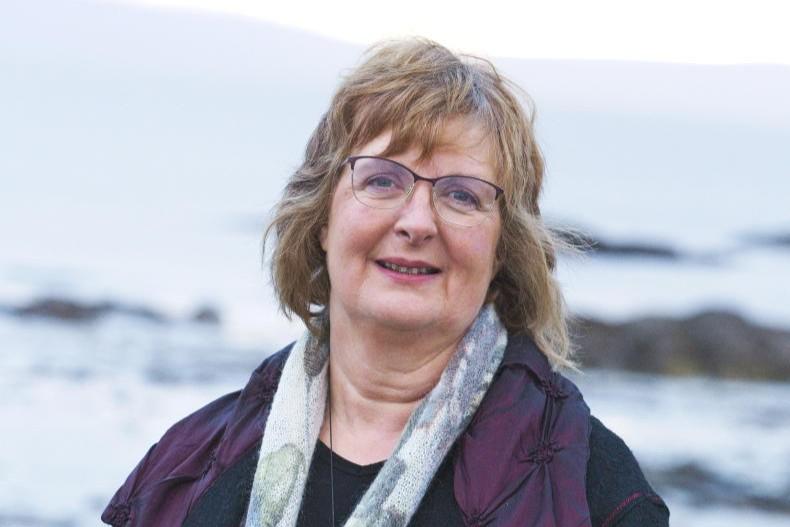
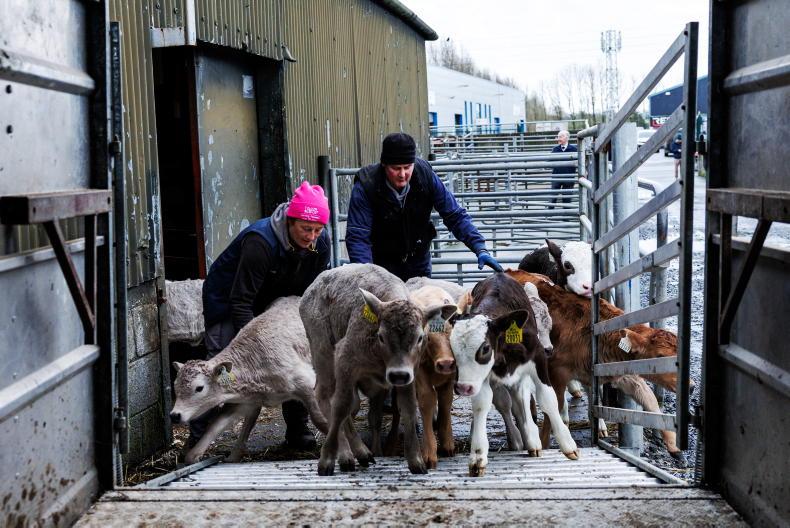
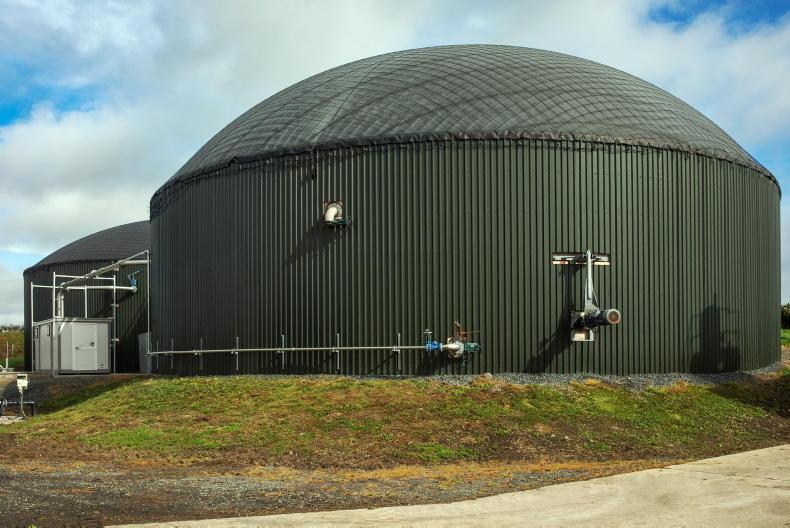
SHARING OPTIONS